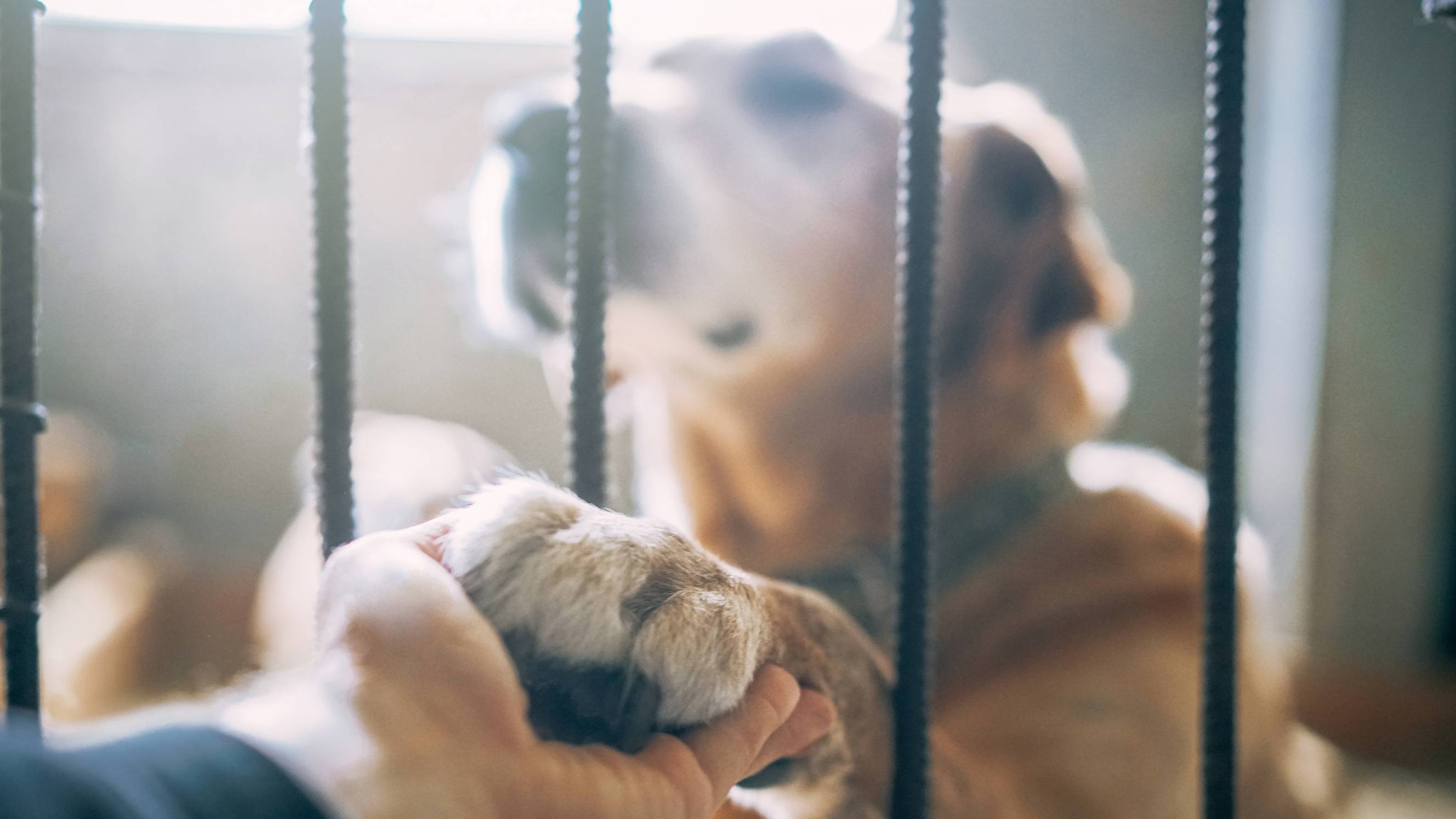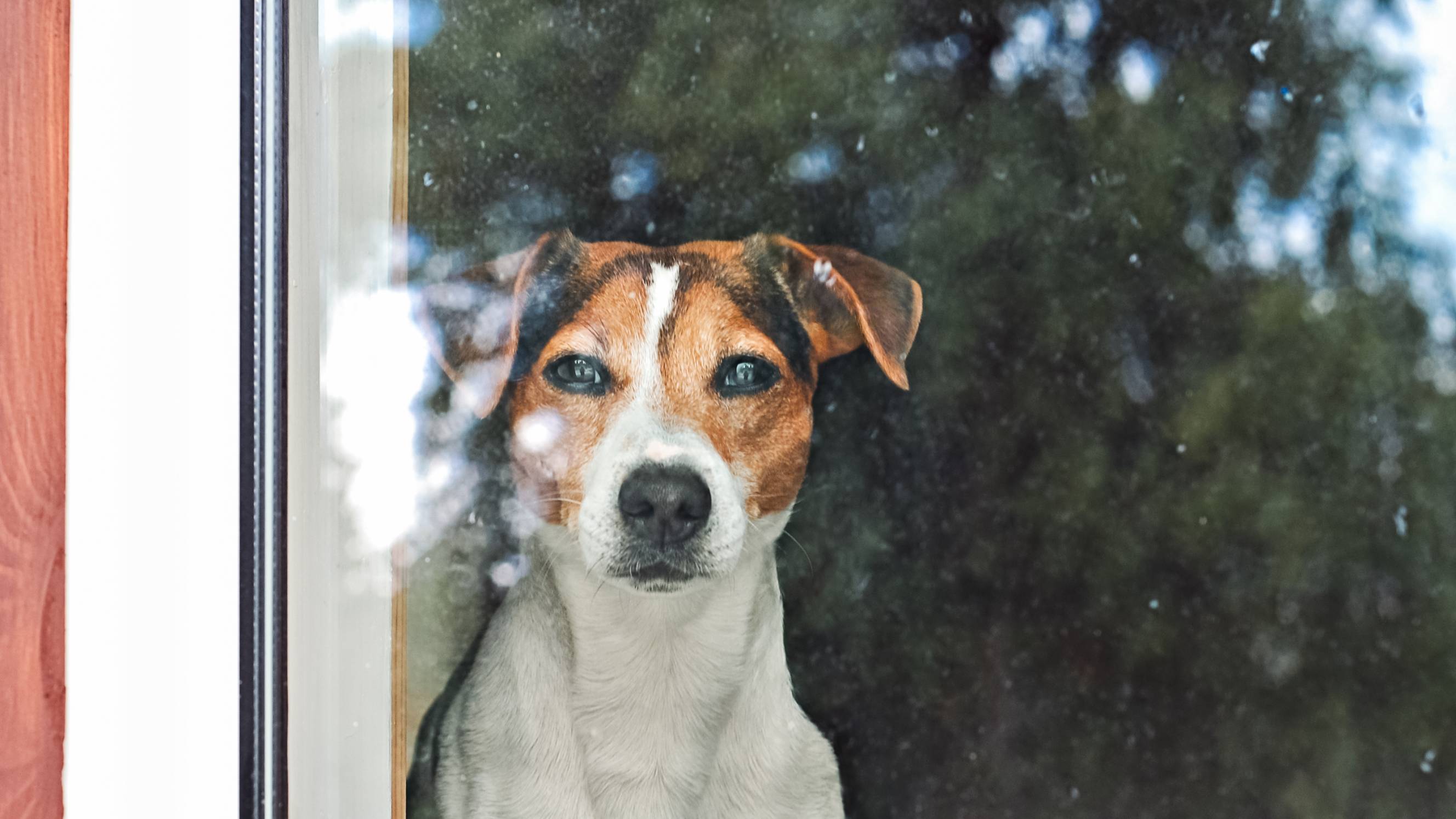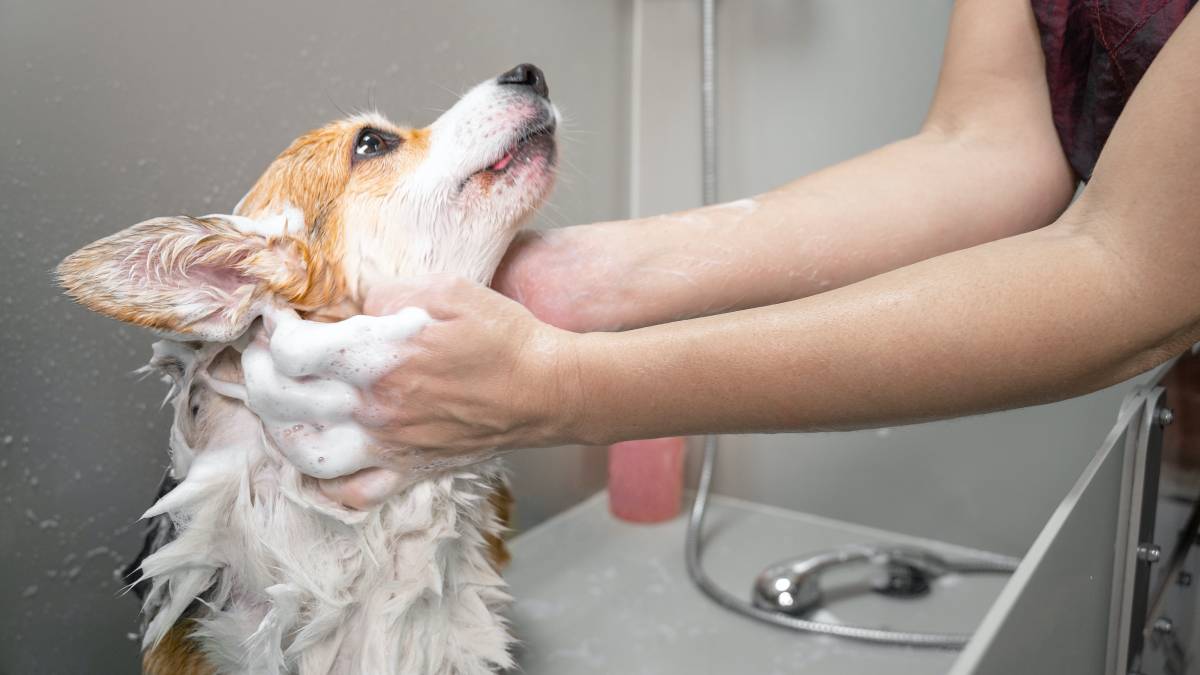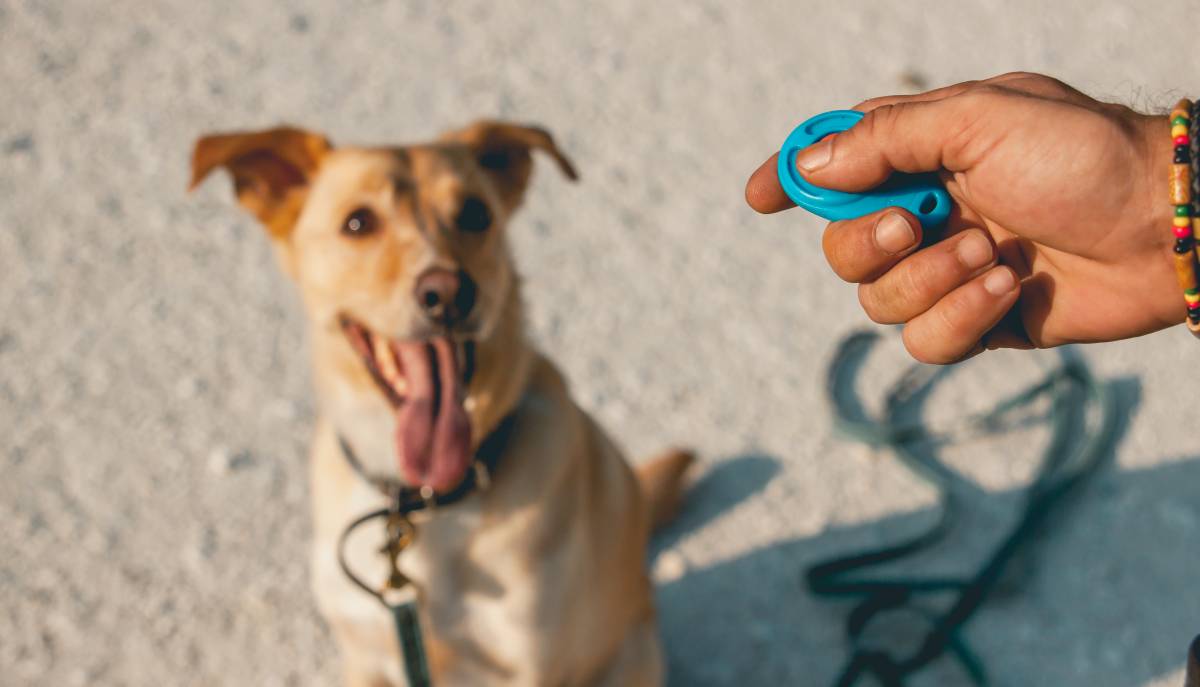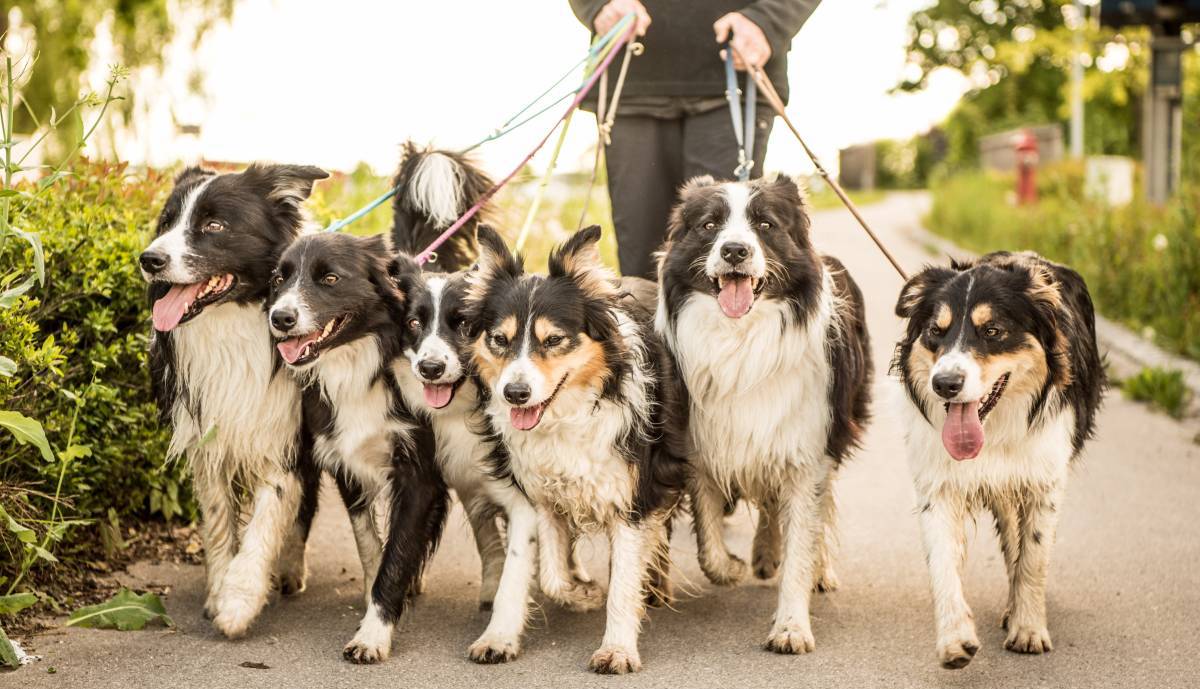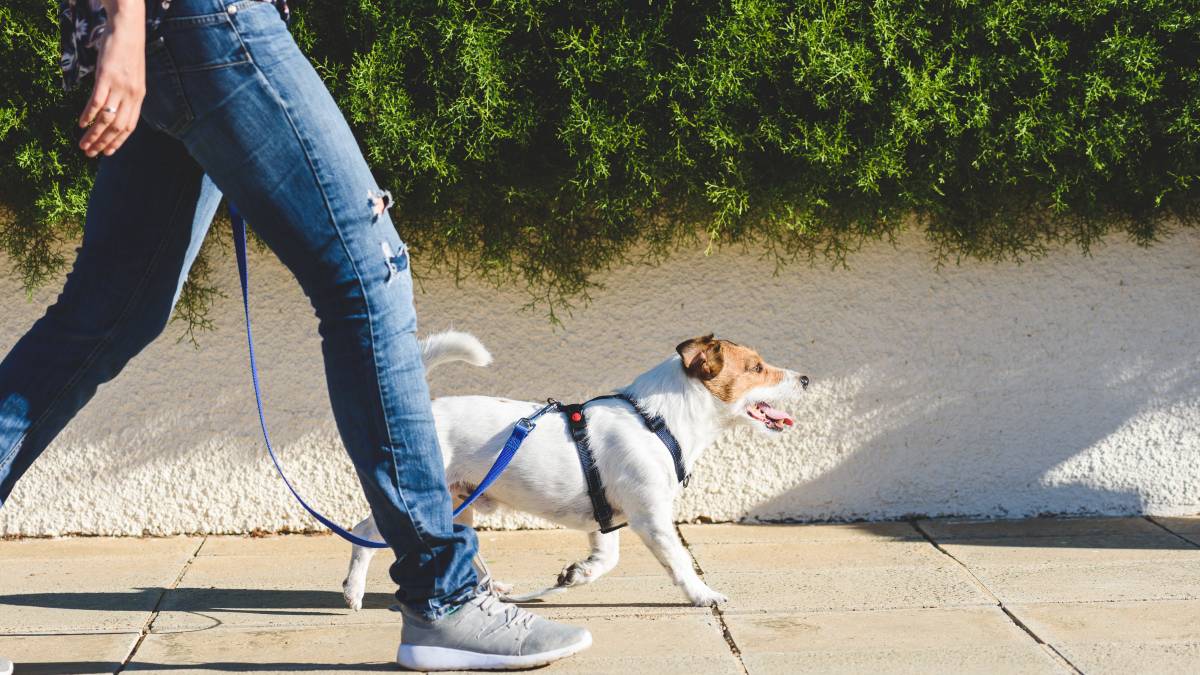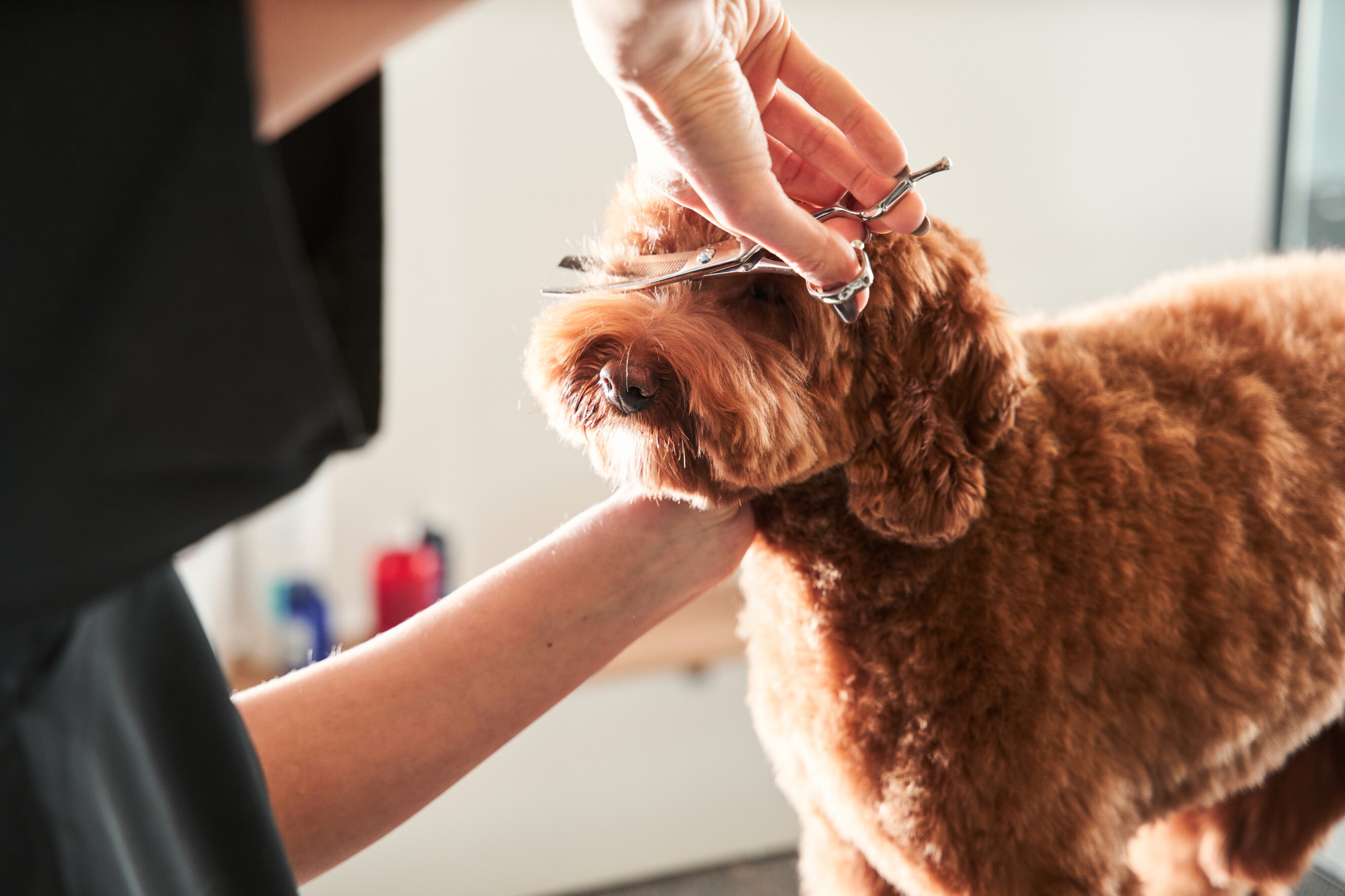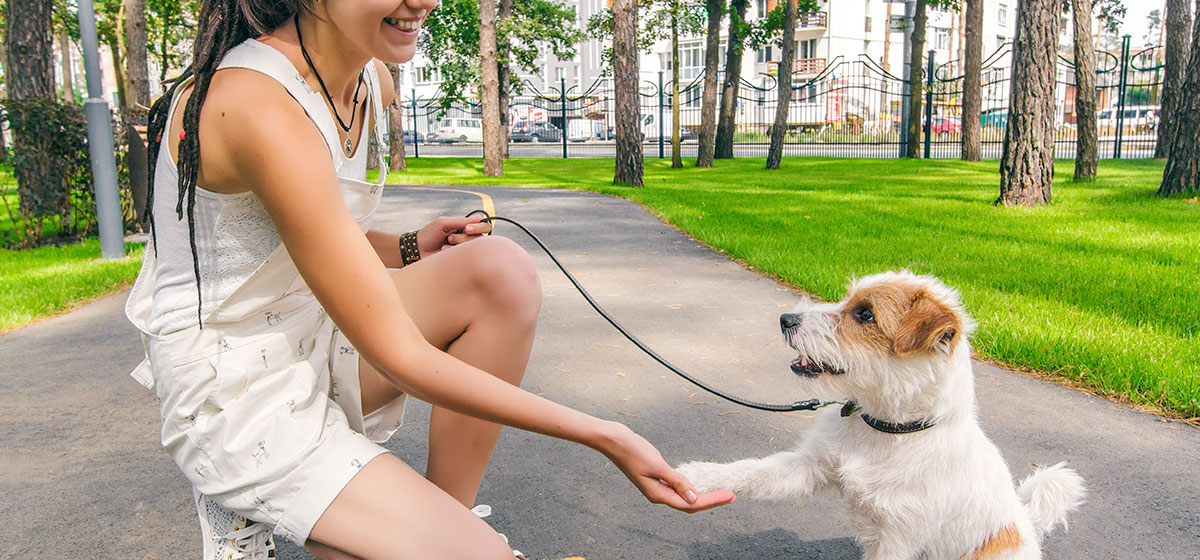- Home/
- Costs/
- Dog Training/
- Dog Training Cost Guide
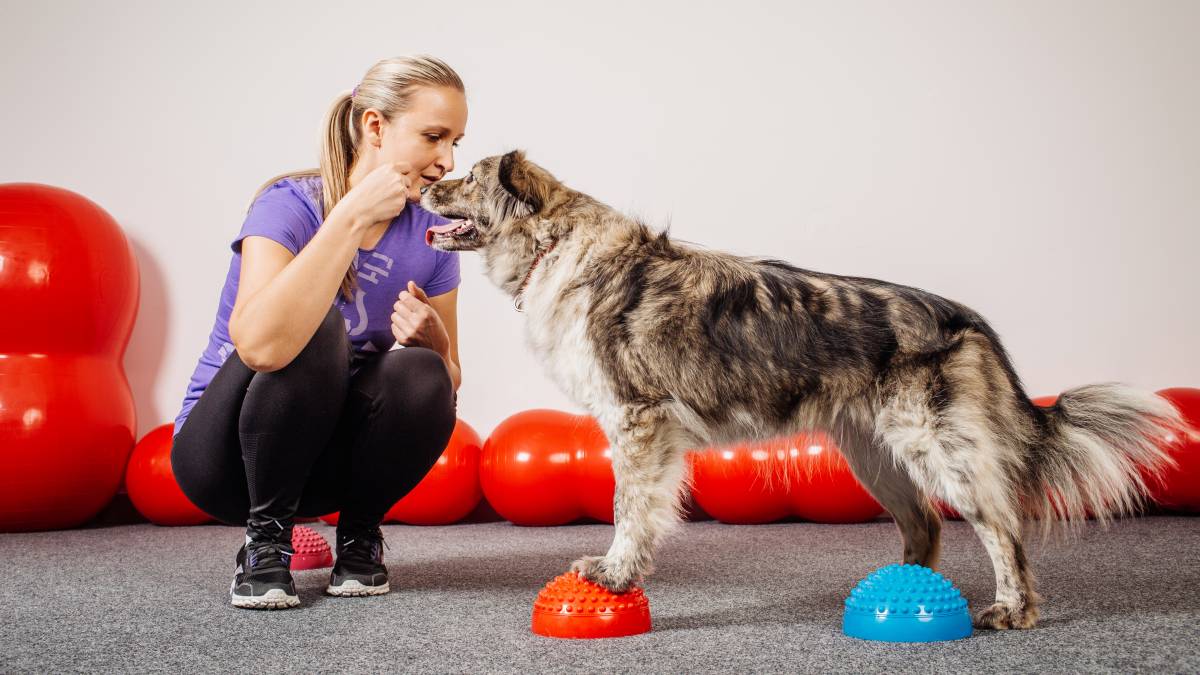
Dog training cost: How much do trainers charge?
Get a free quote nowPost to find a price. It's free and only takes a minute.
Price guide
£20 - £150
low
£20
median
£65
high
£150
Last Updated on
Key Facts
- Professional dog training ranges from £20 to £70 for group sessions and £65 to £90 for private lessons.
- Save money by looking for package deals, booking mid-week sessions when trainers are less busy, or participating in group classes rather than private sessions.
- Specialized training programs like aggressive behaviour correction cost substantially more than basic obedience due to the advanced expertise and longer training timeline required.
Trying to train your dog solo might seem like a money-saver, but when those DIY training attempts backfire (and let’s be honest, they often do), you might find yourself dealing with reinforced bad behaviours that become even harder to correct. That’s when investing in professional dog training becomes necessary.
The average cost of group dog training in the UK is £20 to £70 for a one-hour session. Meanwhile, puppy training and adult dog training costs range from £20 to £50 per hour. These prices vary based on several factors, including the type of training needed, your dog’s age, and whether you choose private or group sessions.
Professional trainers bring expertise that can quickly address aggressive behaviours, establish good habits, and strengthen the bond between you and your furry companion. This guide breaks down exactly what you’ll pay for different training options, helping you make an informed decision that fits both your dog’s needs and your budget.
Dog training price list
Wondering what you’ll actually pay to train your four-legged friend? Professional dog training varies significantly depending on what your dog needs to learn and how they’ll be taught. The table below shows typical training cost ranges to help you budget appropriately before booking a session.
| Training type | Estimated costs |
|---|---|
Puppy training |
£25 to £40 per hour |
Adult training |
£20 to £50 per hour |
Aggressive behaviour |
£45 to £90 per session |
Protection dog training |
£150 per hour |
Guide dog training |
Starts at £35,000 |
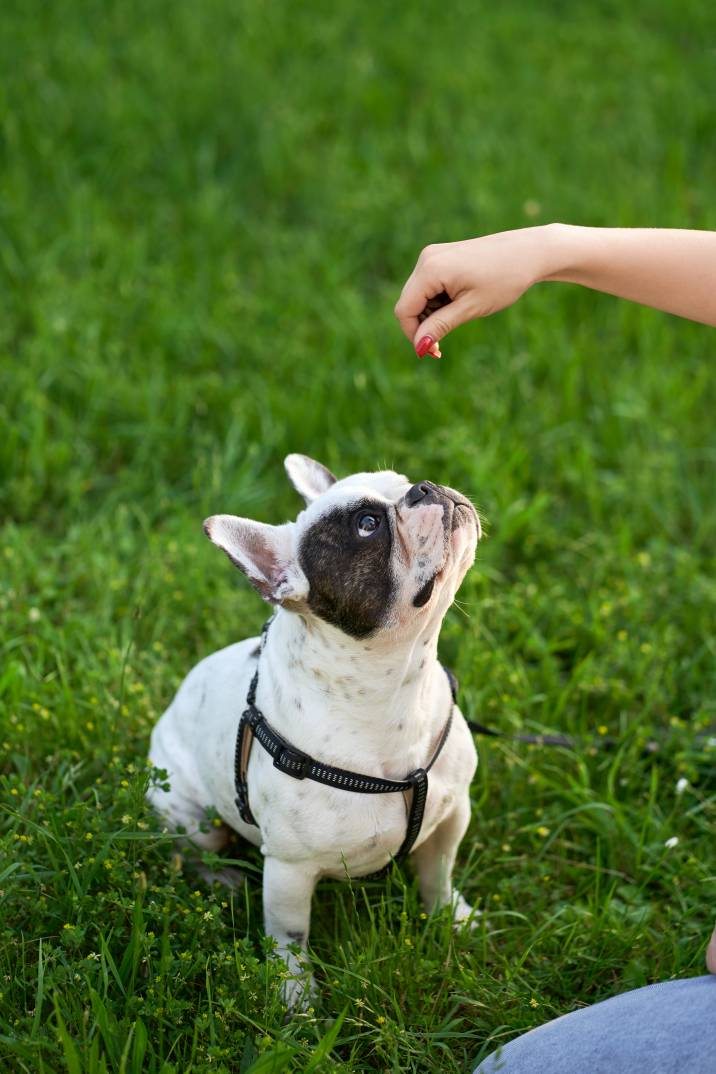 A woman holding out treats to train a french bulldog. (Source: iStock)
A woman holding out treats to train a french bulldog. (Source: iStock)
Factors that affect dog training costs
Understanding what influences dog training prices can help you budget effectively and find the right service for your furry companion.
Type of class
Dog training prices vary significantly based on class structure and the trainer-to-dog ratio. Private training sessions offer personalized attention but come at a premium, typically ranging from £65 to £90 per session.
For more budget-friendly options, group puppy and adult dog classes cost between £45 to £70 per session while still providing essential training fundamentals. When your dog needs ongoing supervision, services like a dog sitter can reinforce training principles between formal sessions.
Age of the dog
Your dog's age plays a crucial role in determining training costs. Puppy training classes generally have lower price points than adult dog training because younger dogs typically learn new behaviours more readily. Many pet owners complement puppy training with dog daycare services where their young pets can practice socialization skills in a supervised environment.
Some trainers maintain consistent pricing regardless of age, so it's worth asking about their specific rate structure.
Type of training
The specific skills or behaviours you want to address significantly impact pricing. Whether you're looking into basic obedience, socialization classes, or specialized behavioural modification, each training type carries different costs.
For dogs requiring extended training periods, dog boarding facilities that incorporate training programs can provide immersive learning experiences, though these comprehensive services typically command higher prices than standard training sessions.
Training location
Location dramatically affects pricing structure. Residential dog training services (where trainers come to your home) typically cost more than facility-based group classes due to travel time and personalized attention.
If local in-home services exceed your budget, many trainers now offer online classes as a cost-effective alternative. Virtual training can be particularly beneficial for reinforcing skills between in-person sessions, helping you maximize your training investment.
Types of dog training classes and their costs
Puppy training
Generally, puppy training is the cheapest, starting at £25 an hour. In these sessions, dogs will learn good behaviour and how to socialise.
Adult training
Adult training is slightly more expensive than puppy training. In these classes, both dog owners and dogs are taught about dog obedience. To educate your pet successfully, it is recommended that you enrol your dog in three to ten training sessions.
Taking care of our dogs goes beyond feeding and grooming them. In addition to obedience, adult training teaches proper behaviour at home and how to deal with chewing, biting, and digging issues.
Aggressive behaviour training
Classes like aggressive behaviour programs are the most expensive and require more sessions. It’s ideal to enrol your dog in more than ten behaviour sessions to address aggressive behaviour and help them deal with fears, anxieties, and past trauma your dog might have experienced.
Therapy or assistance dog training
Aside from obedience and behaviour training, dogs can also be trained to support people emotionally and perform different services. Dogs that are trained to give therapeutic support to humans are called therapy dogs. While companions that perform specific tasks like hearing or mobility guides are called assistance dogs. The different types of therapy or assistance dogs are:
- Guide dog
- Personal protection dog
- Therapy dog
- Signal dog
- Hearing dog
- Search and rescue dog
- Seizure response dog
Non-profit organisations professionally train assistance or service dogs in the UK, such as Guide Dogs or Support Dogs. They are registered and recognised as personal companions in any establishment in the UK.
If you want to find more information on assistance dogs in the UK, please visit Assistance Dog International and Assistance Dogs UK. These groups advocate for assistance dog welfare, education and training.
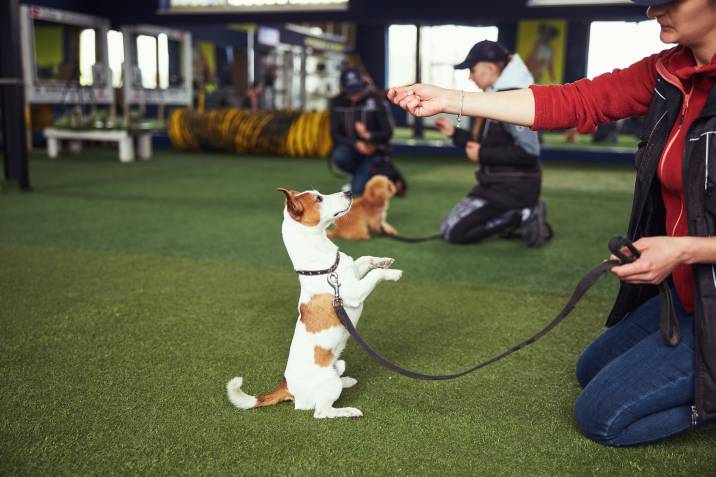 A professional dog trainer teaching a command. (Source: iStock)
A professional dog trainer teaching a command. (Source: iStock)
How to save on dog training costs
The cost of training a dog can get expensive. Don’t get discouraged, though! There are ways to save up on costs and make it more budget-friendly.
- Check if your trainer offers dog training packages, which are often cheaper.
- You can also sign up for group classes instead of private ones for more affordable rates.
- Since weekends are usually the busiest for dog trainers, try asking if they offer alternative prices for less busy days like mid-week afternoons.
- Consider either meeting your trainer online or driving to them instead, as going to the trainer may be cheaper than in-home dog training prices.
Hire a dog trainer
Dog training is a great way to teach your dog basic obedience and proper behaviour while also helping them live their best life. Working with a dog trainer and enrolling them in classes will help stimulate their senses, build their confidence, and strengthen their bond with you.
Send some love to your furry friends by enrolling them in dog training sessions! Whether obedience training, behaviour training, or simply dog sitting, get a personalised quote in minutes when you put up a task on Airtasker.
FAQs
Some of the top qualities to look for in a dog trainer are subject expertise, certifications and experience. Make sure to read reviews from their previous clients on their performance if available. After this, assess if they are a good fit for your dog and your needs.
Puppies can start training as early as seven weeks old. However, ensure that your dog has already been dewormed and has taken their first dose of vaccines before attending classes (especially group sessions!).
On average, most sessions run for 45 to 60 minutes, spanning a couple of weeks. However, some trainers also offer full-day training or board and train programs where your dog will stay at the training facility for weeks.
If your dog is exhibiting behaviours that can be challenging for the family, hiring a dog trainer can help. Trainers are experts in different techniques to help your dog learn better habits and skills, leading to better dynamics with your family and other pets.
Find dog trainers, fast
Post a task
Related price guides
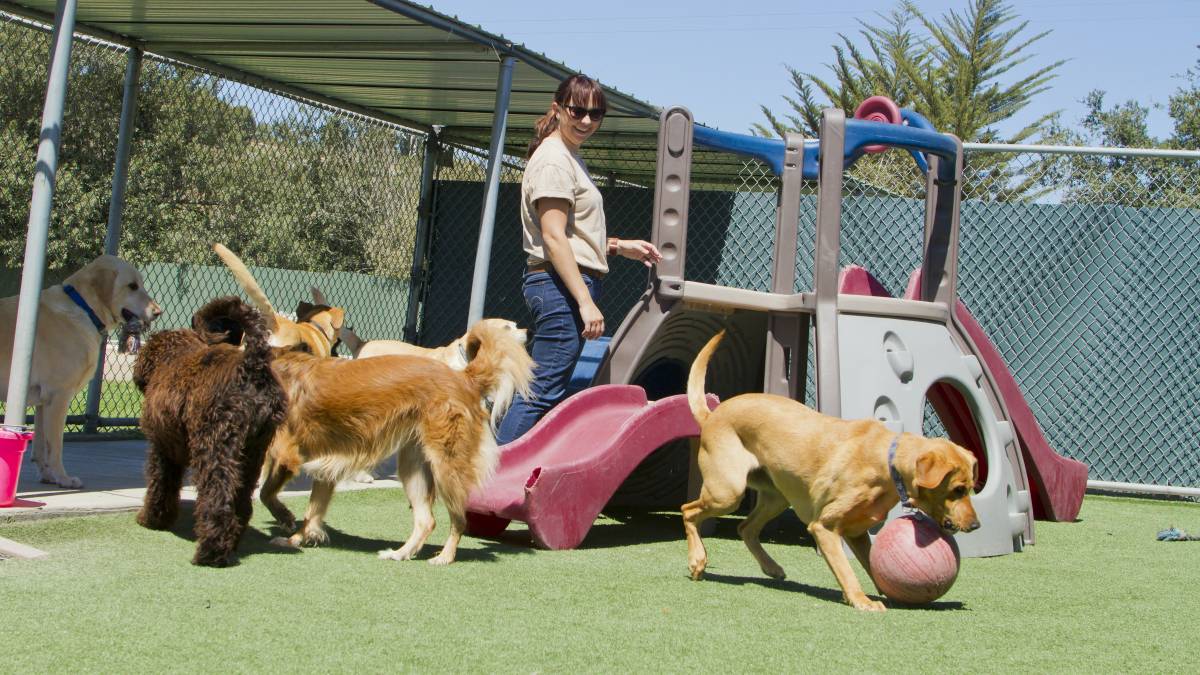
How much does dog day care cost?
Read more
Related articles
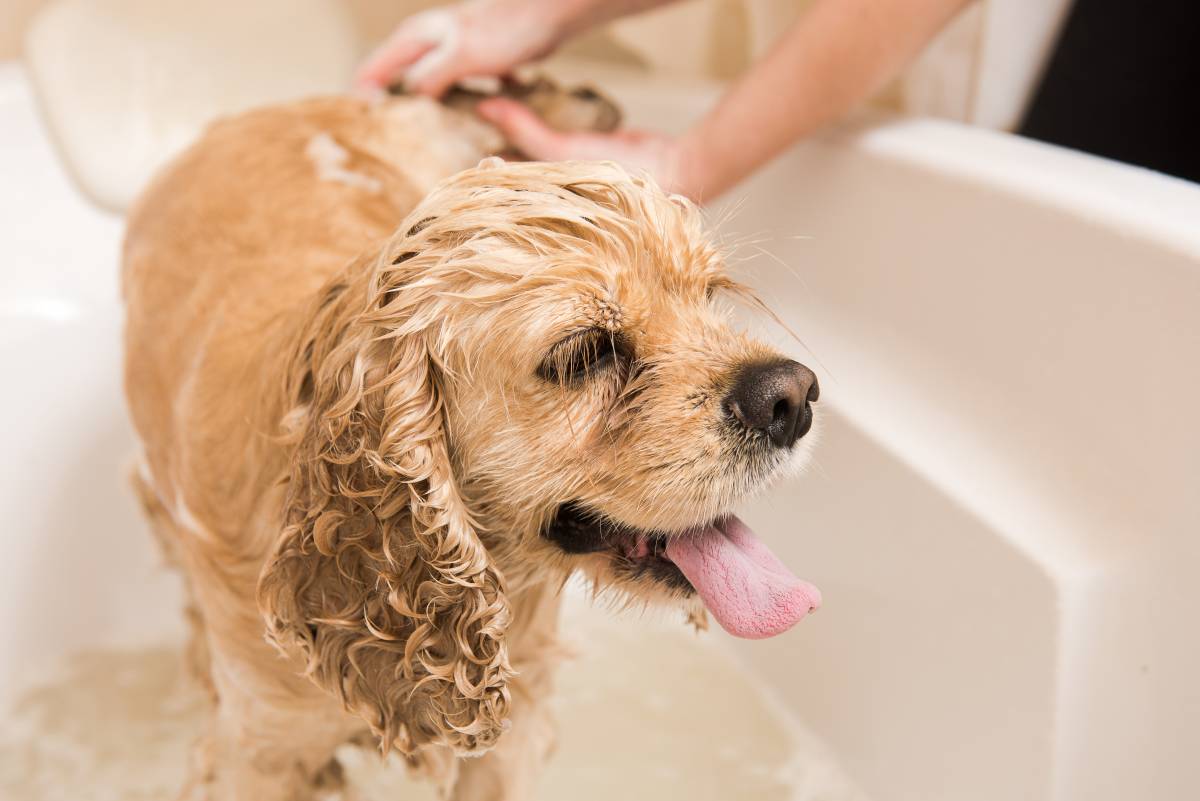
How to groom a dog at home
Read more

How to groom a long-haired dog
Read more

How to become a dog trainer
Read more
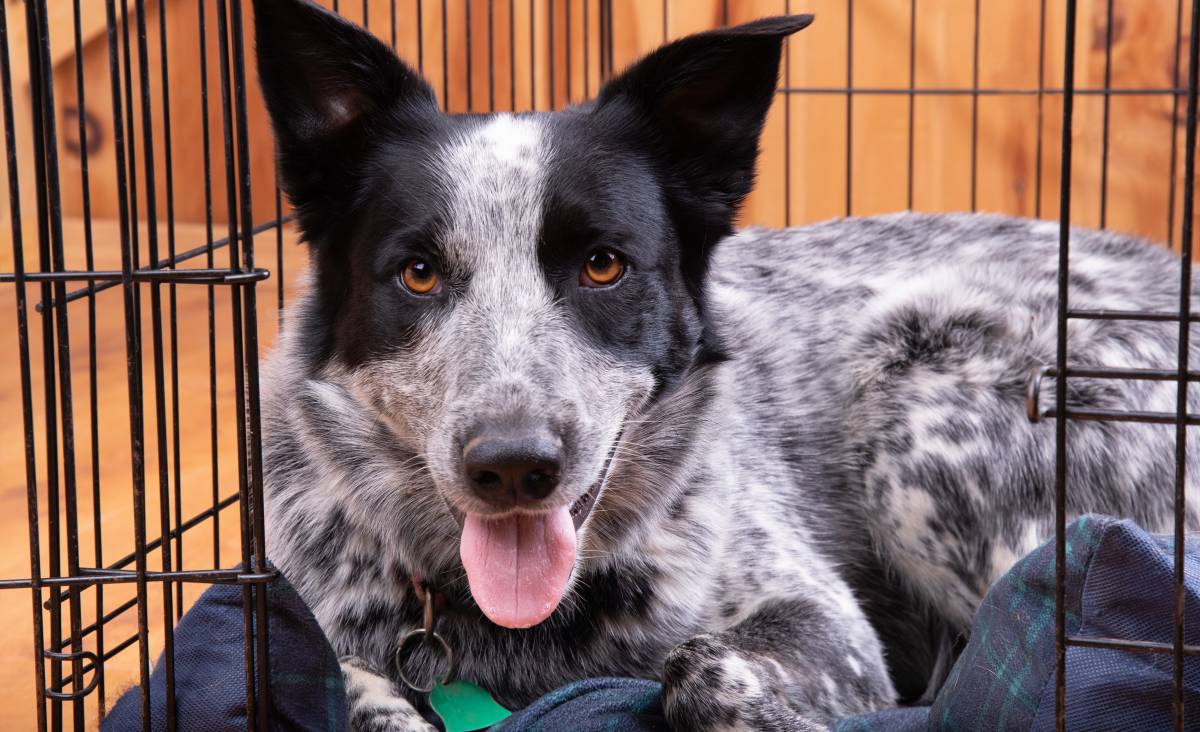
4 Steps to crate training a rescue dog
Read more
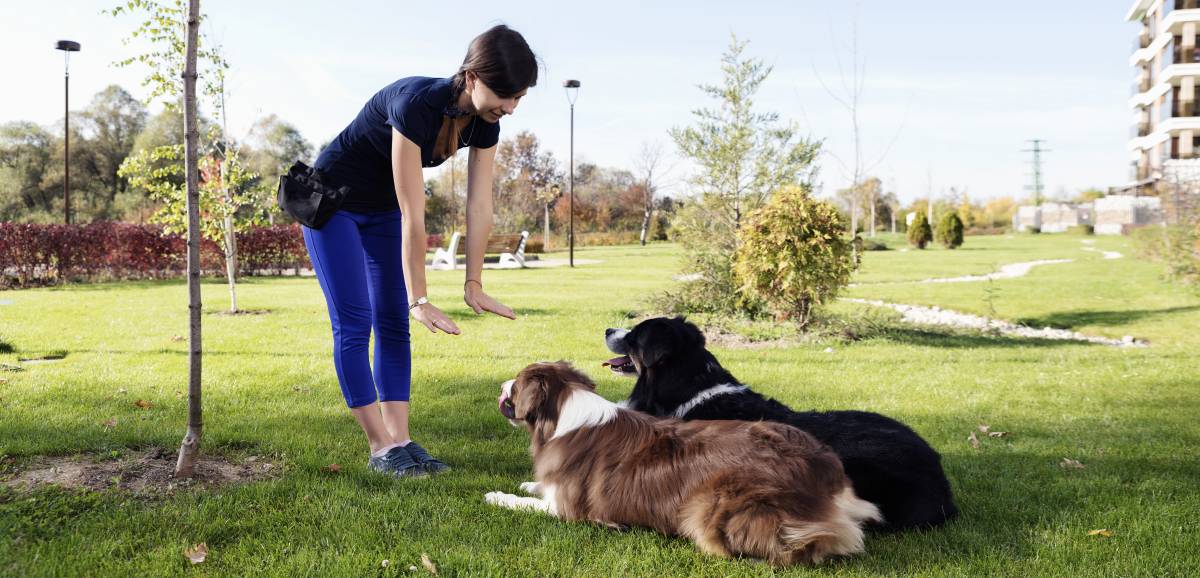
Dog training 101: How to train your dog
Read more
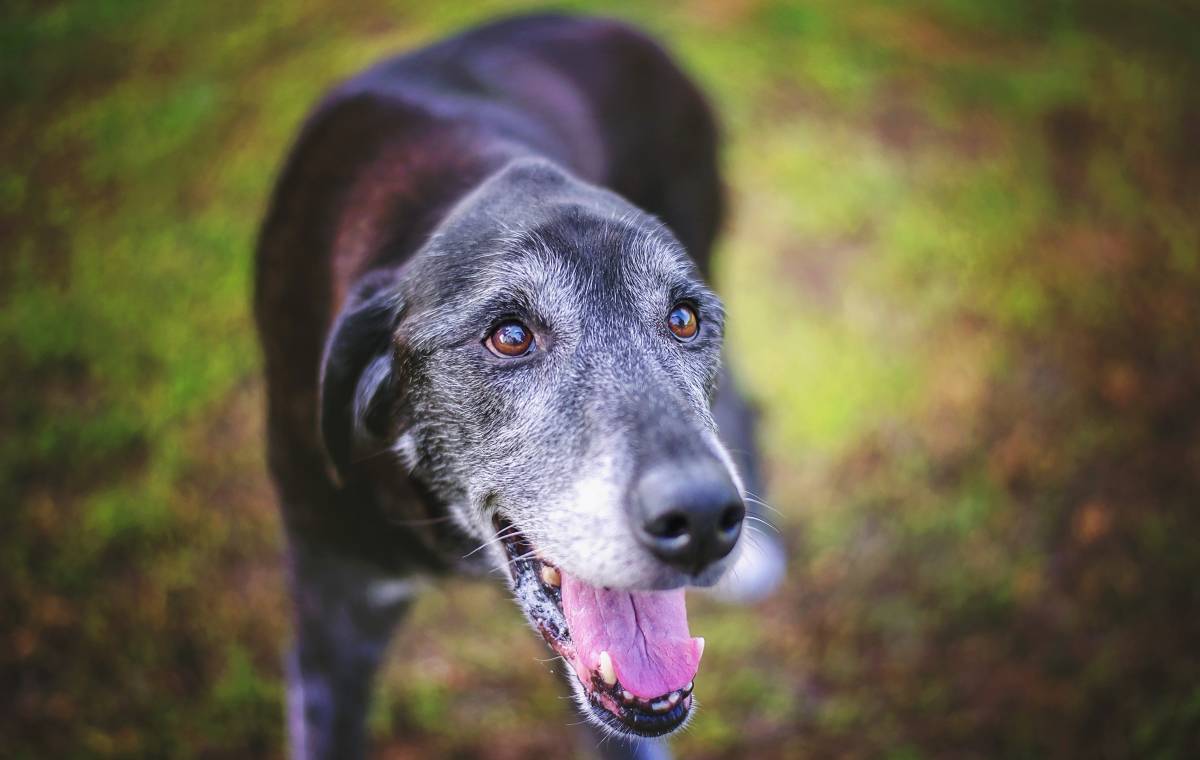
Tips for training an older dog
Read more
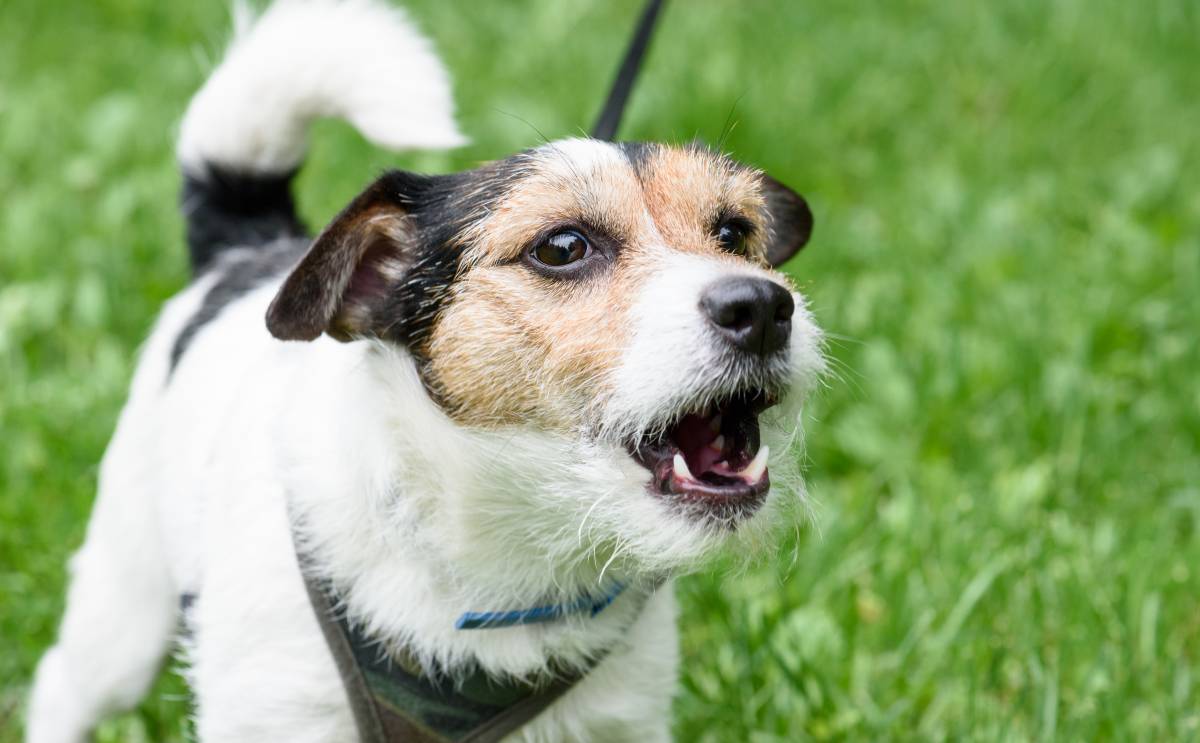
Reactive dog training tips
Read more

Your ultimate guide to dog care
Read more
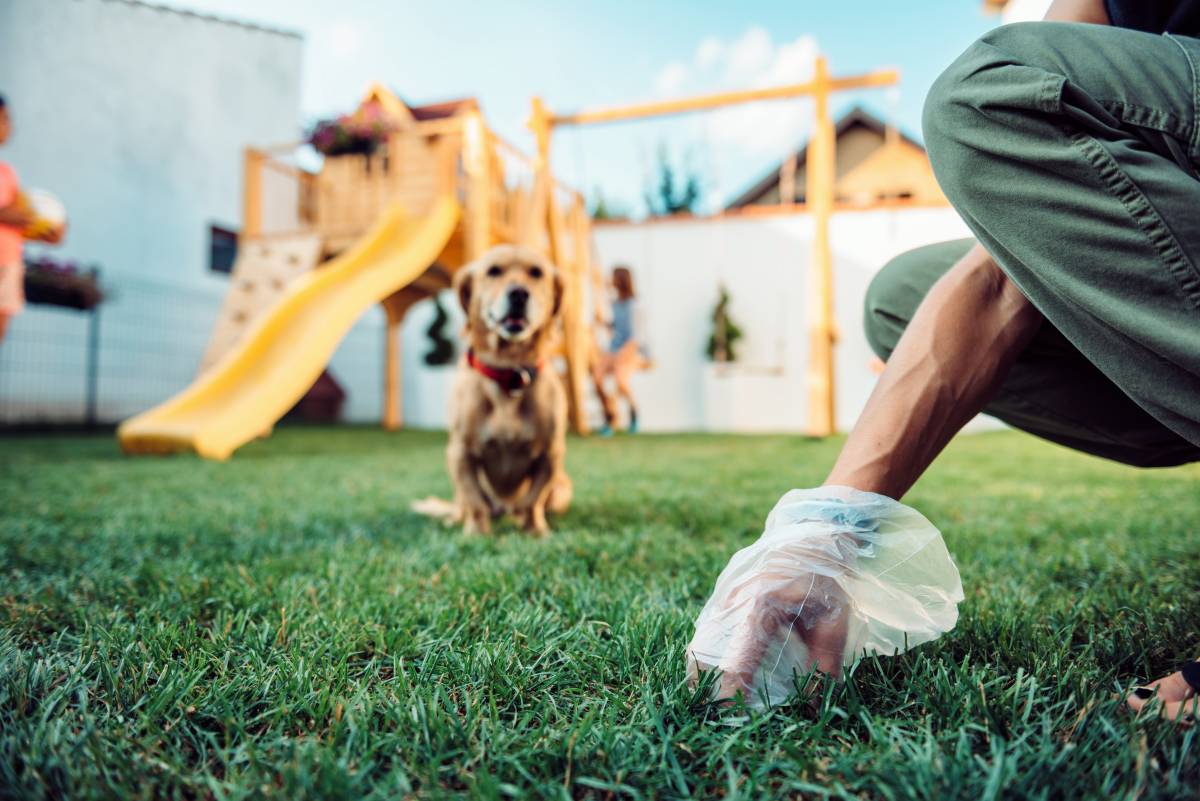
3 Effective ways to house train a dog
Read more

How to bathe your dog like a groomer
Read more

How often should you wash your dog
Read more
